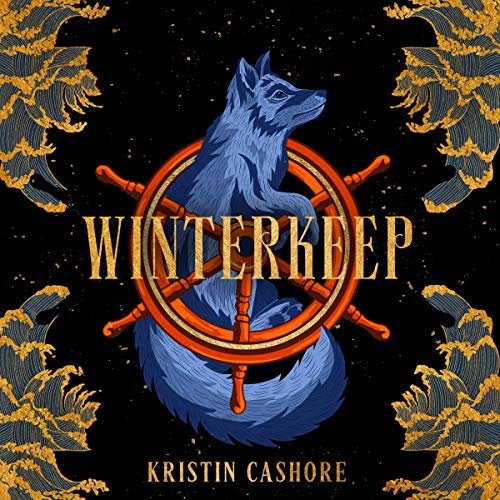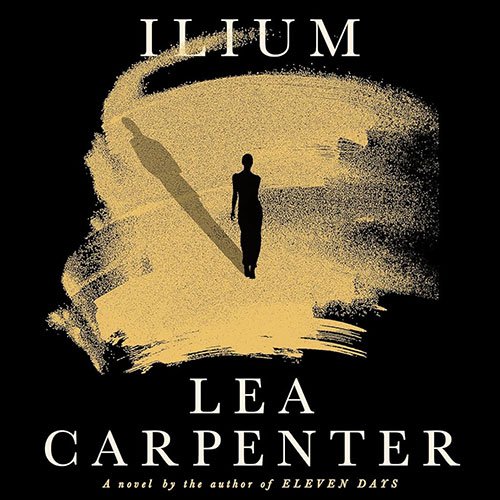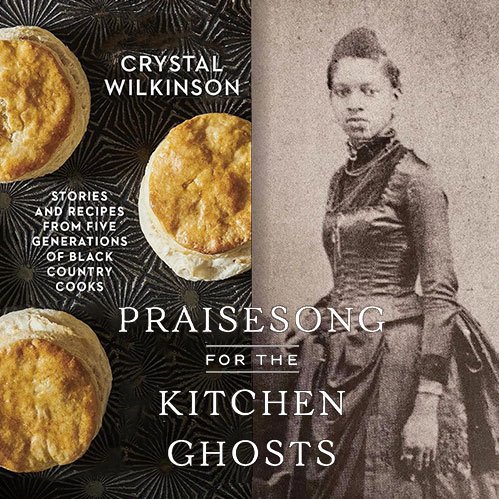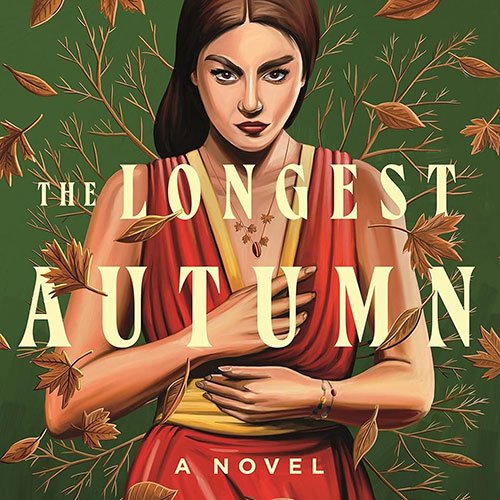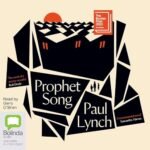“Winterkeep” by Kristin Cashore, the fourth book in the Graceling Realm series, has elicited a wide range of reactions from readers and critics, owing to its complicated plot and character development.
This fantasy story is set in an era of typewriters and steam engines, and introduces readers to Iris Winnow, a young lady contending with family issues and professional ambitions during a god war. The novel navigates themes of war, romance, and fantasy, providing readers with viewpoints on the consequences of war on ordinary lives, with a dash of romance and fantasy thrown in for good measure.
The characters in “Winterkeep” are a highlight, because to Kristin Cashore’s ability to create annoyingly adorable characters like Lovisa, who is intelligent yet frequently gets herself into trouble. This book, like its predecessors, deals with difficult topics and demonstrates substantial emotional growth, particularly in characters such as Lovisa and Bitterblue. The novel also dives into political drama, covering issues such as exploitation and environmental problems, giving it a plot with depth.
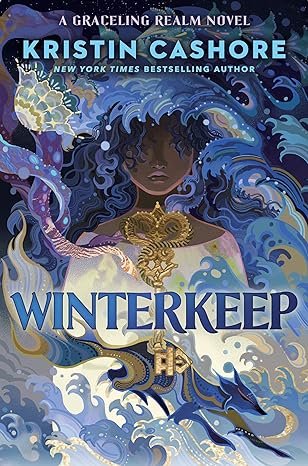
The location of the novel, largely in the realm of Winterkeep, provides a vibrant and fascinating backdrop for the tale. This shift in locale enables for the examination of new political and cultural landscapes, adding dimension to the tale. New characters such as Lovisa Cavenda provide young vitality, while existing characters such as Giddon and Bitterblue show substantial development and change. Through unique aspects such as the silbercows, a species crucial to the plot, the book also examines topics of environmental activism, folklore, memory, and sentient rights.
Despite the positives, some reviewers suggest that “Winterkeep” may fall short of the expectations established by the other volumes in the series. While the story is rich and innovative, it may not be as appealing to all Graceling Realm aficionados. It is notable, however, for its charming style and the author’s deft narrative.
In essence, “Winterkeep” combines fantasy, political intrigue, and character-driven narrative, all of which are distinguished by Cashore’s particular storytelling style. It provides a more mature viewpoint than its predecessors, with more nuanced characters and settings delving deeper into challenging subjects. Readers looking for a fantasy novel with content, emotional depth, and a careful investigation of environmental and political concerns will like this book.
Sources: Kirkus Reviews, Nerd Daily, Books, Burgers and Backpacks, Forever Young Adult

